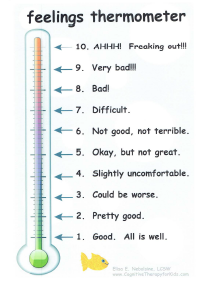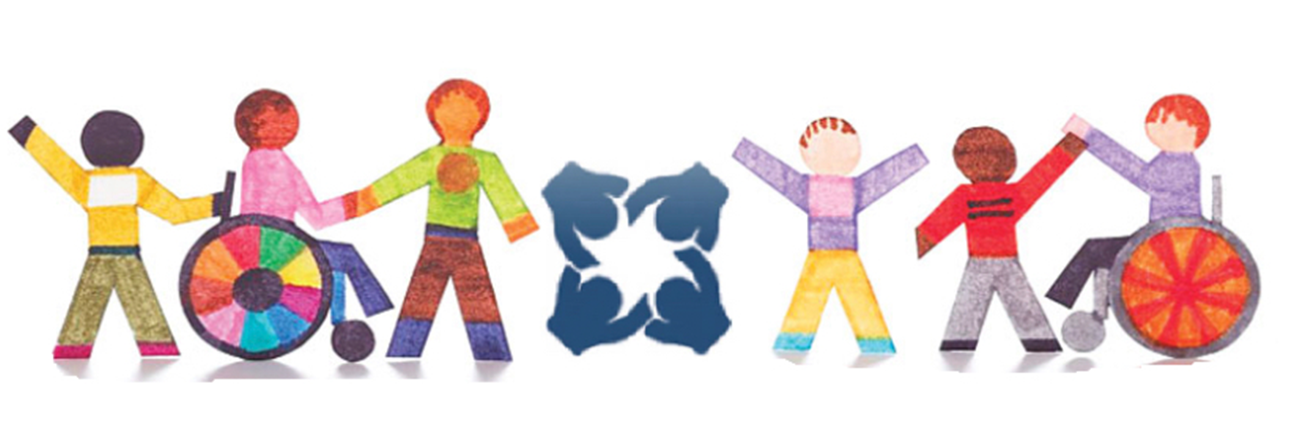Behavior interventions and resources
Individualized Student Behavioral Referral:
When referring an individual student from your district who may require additional behavioral support please click on the following link below. This link will take you to a referral form. Please take a moment to complete the form after which the PAEC Behavior Intervention Coordinator will follow up with you regarding your student referral. Thank you.
PAEC Individual Student Referral
- Incentives, Rewards, and Motivators
- The ACT Raising Safe Kids Program
- First Step to Success
- PBIS
- Data collection forms for behavior
Incentives, Rewards, and Motivators
| www.freekidsbooks.org | Free downloadable books |
| www.sesamestreet.org | Free downloadable books |
| www.kidsyogastories.org | Yoga stories |
| www.csefel.vanderbilt.edu/resources/strategies.html | Free downloadable books |
| www.speechtherapygames.com/freebies/feelingbingofree.pdf | Free Bingo game |
| www.autismteachingstrategies.com/wp-content/uploads/2013/09/Emotion-Card-Activity-PDF4.pdf | Free emotion card game |
| Free, printable coloring books with corresponding videos about emotions and warning signs from Look Through Their Eyes from the Illinois Childhood Trauma Coalition |

The ACT Raising Safe Kids Program
http://actagainstviolence.apa.org/
About ACT - http://actagainstviolence.apa.org/about/index.html
The ACT Raising Safe Kids Program was developed and is coordinated by the American Psychological Association’s Violence Prevention Office. Launched in 2001 and revised in 2006 and in 2011, the ACT Program teaches positive parenting skills to parents and caregivers of children from birth to age 8.
Universal approach
ACT has been designed as a community-based intervention for groups of parents and caregivers from all backgrounds, regardless of their level of risk for abuse.
Cultural adaptation
The program is culturally sensitive and adapted to diverse groups and communities. Materials were carefully translated to reflect cultural and language specificities and are available in English, Spanish, Portuguese, Greek, and Japanese. It is being implemented in almost 80 communities in the U.S. and in 5 countries.
Flexible delivery
ACT can be hosted by a variety of organizations and implemented in diverse settings from schools to prisons, churches, community centers, childcare centers and mental health clinics.
Who can deliver
Professionals from a variety of fields including social workers, early educators, counselors, psychologists, nurses, teachers, and clergy can be prepared to deliver the program.
Cost effective
ACT materials and training fees are very affordable compared to other parenting interventions. Comparative study has shown that ACT presents better outcomes. In addition, the program can be integrated into the host organizations’ existing interventions and services for parents adding to their portfolio with minimum cost.
Evaluation
The program is well evaluated by senior researchers. Several research studies conducted, including two randomized controlled trials, demonstrate that ACT is a promising, evidence-informed program.
Benefits
Parents enjoy the hands-on, participatory fun sessions, learn and use positive parenting skills, use less harsh discipline, make new friends, connect with community resources, and build happier safer families. Organizations adopt a cost effective program that helps them make a difference in their communities.
Resources that align with the ACT Program
| Files and PDFs | |
|
Session materials (link) for facilitating the ACT program |
|
|
Free, printable coloring books with corresponding videos about emotions and warning signs from Look Through Their Eyes from the Illinois Childhood Trauma Coalition - |
 |
| Feelings faces (PDF) |  |
| Feelings thermometer and anger faces (PDF) |  |
| Super Friend Social Story (PDF) |  |
| Turtle Technique Social Story (PDF) |  |
| Use My Words Social Story (PDF) |  |
|
ACT Program Fact Sheets, Handouts, and Articles (link)
See also links to the side and below |
ACT Handouts Handouts cover the ACT Program curriculum to help sustain learning of messages and concepts.
|
|
ACT Child Development Fact Sheets These fact sheets list basic cognitive and social/emotional skills expected at children different ages and stages of development. |
ACT Challenging Behaviors Fact Sheets These fact sheets use 4 scenarios of children in typical situations at different ages to foster learning about child development.
|



